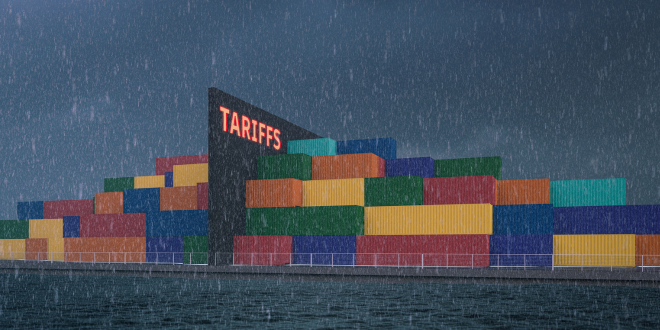Maintaining Resilience Amid Tariff-Driven Uncertainty
In a global economy already shaped by uncertainty, recent actions by the United States government have added a new layer of complexity for businesses worldwide. A series of newly imposed tariffs has drastically altered the cost structures and strategic calculus for companies that depend on global trade.
With tariffs ranging from a broad 10% on a wide variety of goods to 25% on steel and automobiles to as high as 125% on imports from China, the ripple effects are being felt across supply chains, industries, and borders.
These moves, which have sparked reciprocal actions from other nations, have reignited fears of a full-blown trade war. More importantly for business leaders, they’ve triggered an urgent need to reevaluate supply chains, financial forecasts, and long-term strategies.



